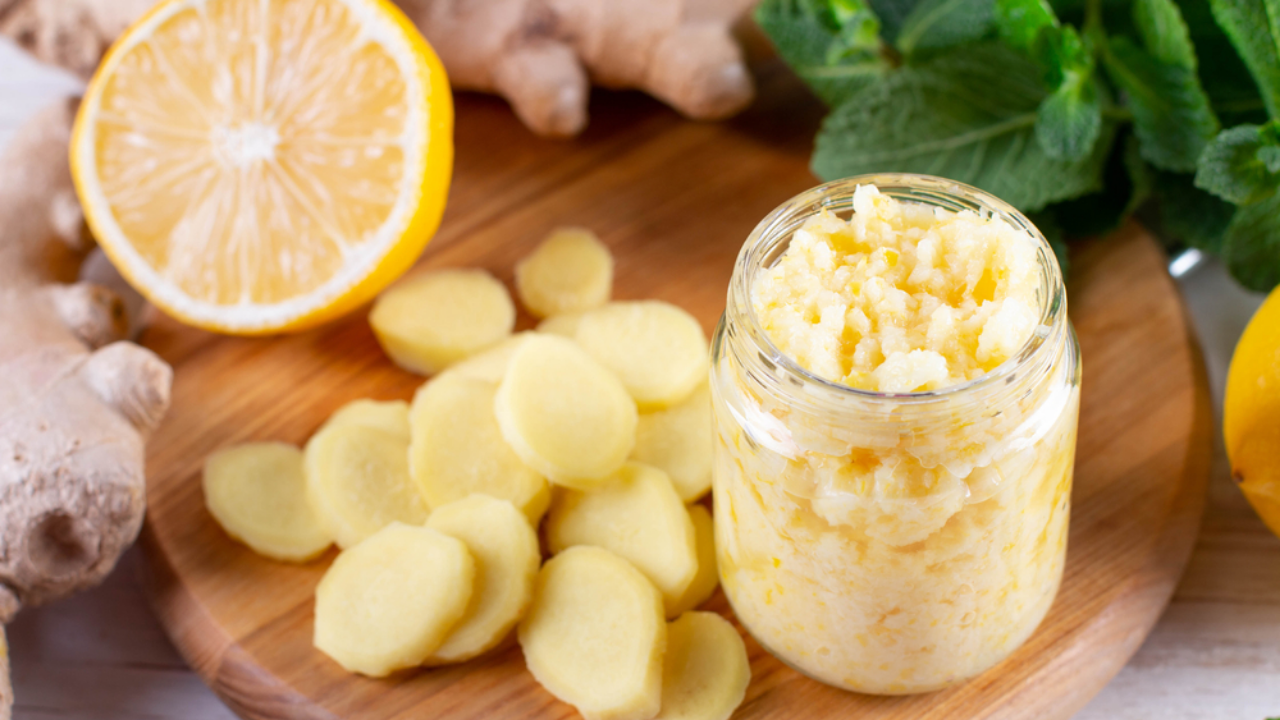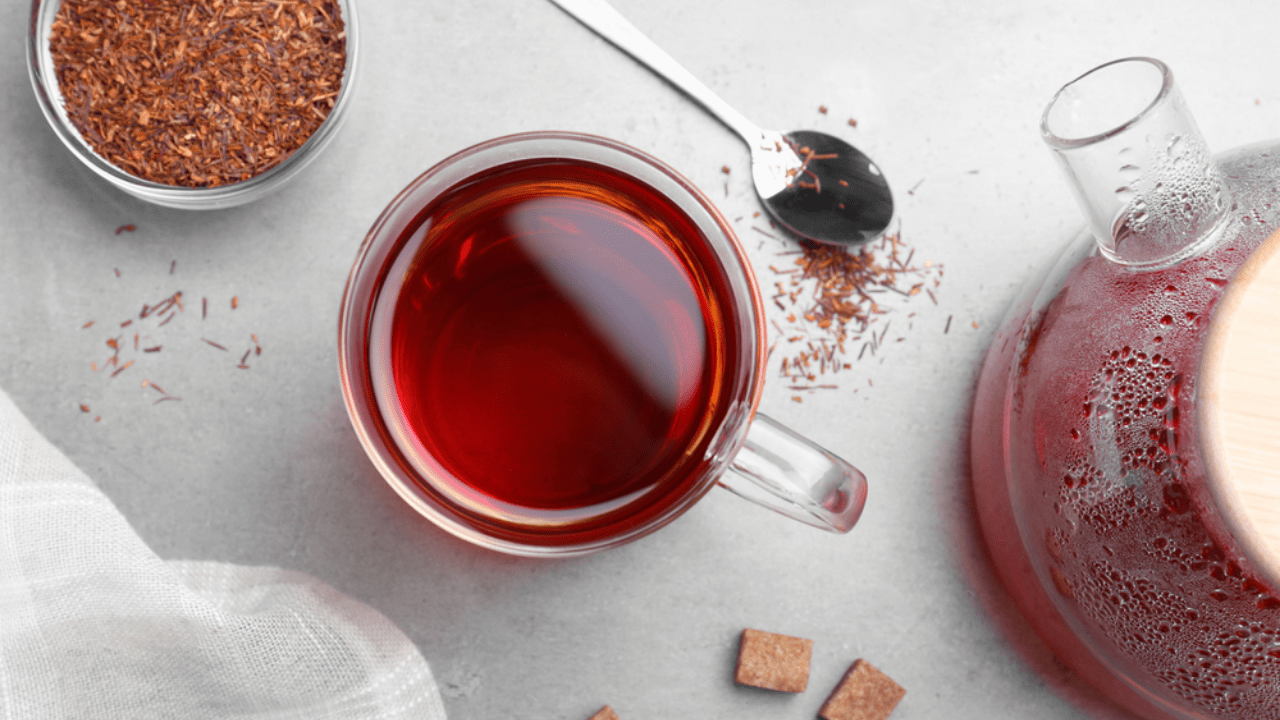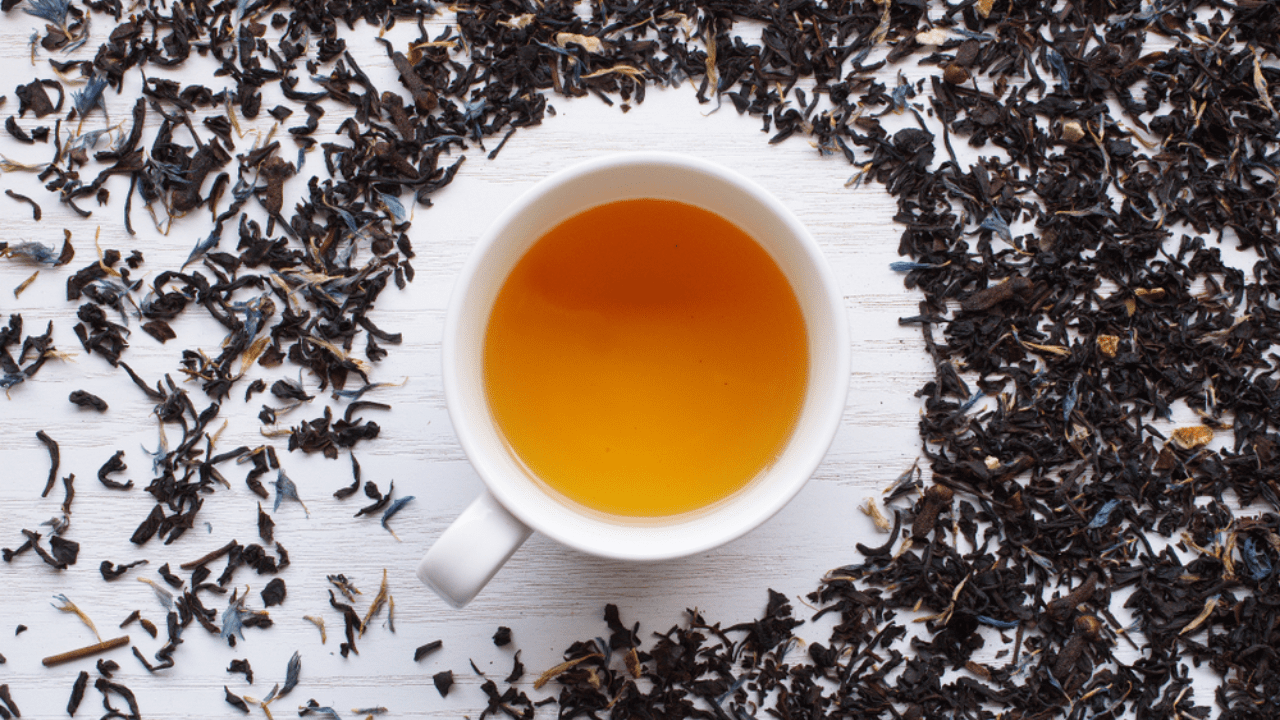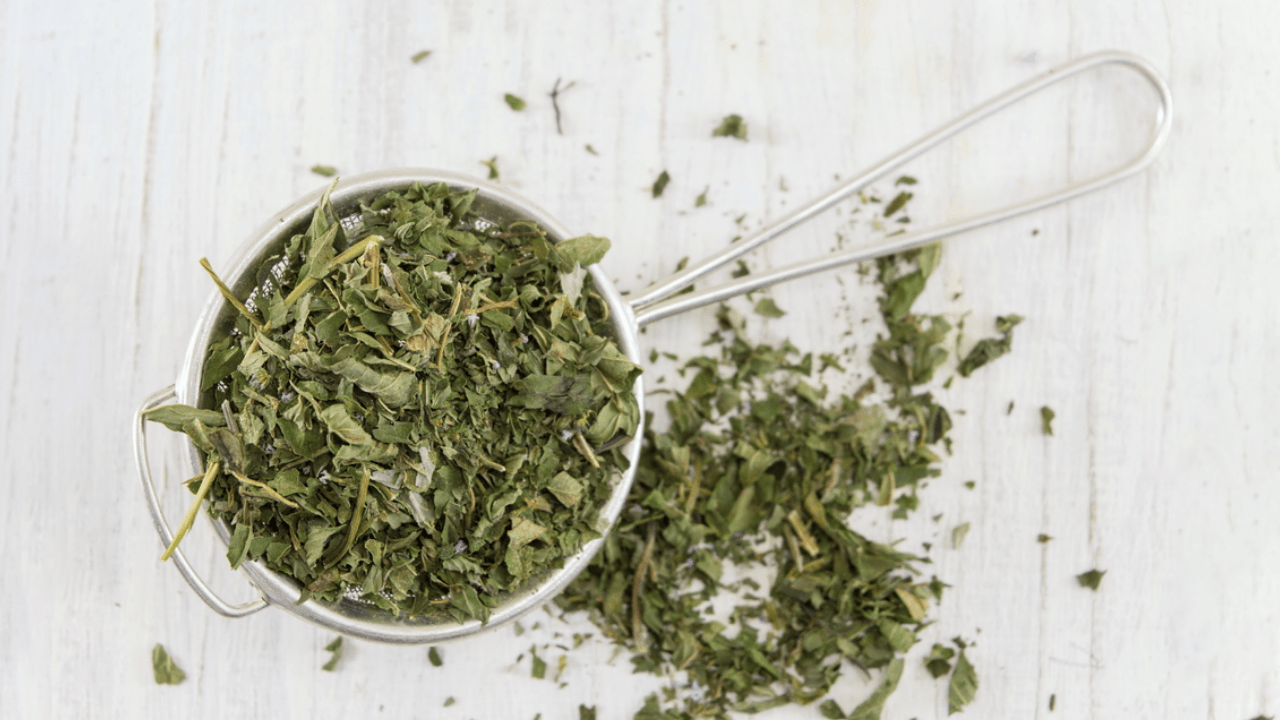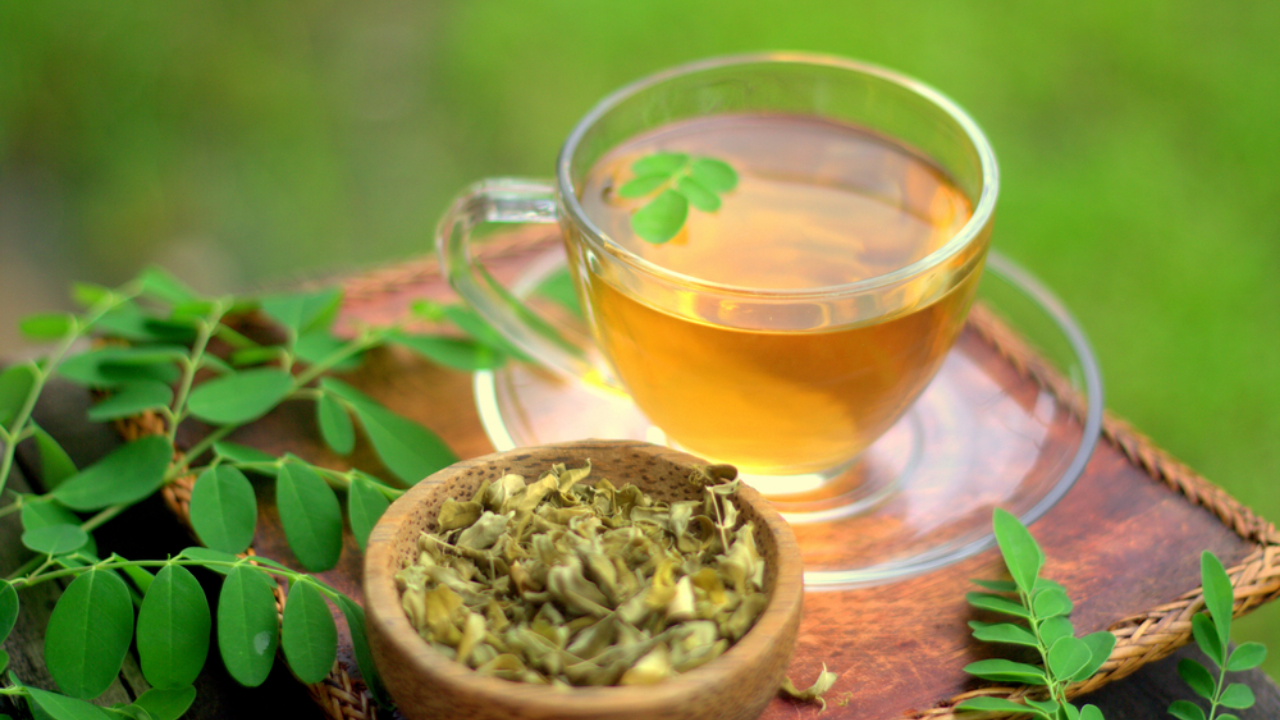
The Moringa plant, native to sub-Himalayan regions, is valued for its medicinal properties, with various parts used in traditional medicine. Moringa leaves are highly nutritious & globally recognized as a healthy food source, with the tree offering edible components. For centuries, Moringa has been associated with numerous health benefits, earning it the nickname "Miracle Tree." Rich in essential minerals, proteins, & vitamins, it contributes to overall well-being & has been used for healing purposes.

Nutritional Facts:
- Moringa leaves are low in fat & nutritious.
- 42% of the recommended daily minimum requirement for protein.
- 125% of the recommended daily minimum requirement of calcium.
- Infused with B-vitamins that help to digest & convert to energy that will increase the metabolism.
Diabetes
The blood glucose level in diabetic patients can be controlled with consumption of moringa tea. Magnesium, an important constituent in moringa, works with vitamins to promote the metabolism of glycogen as well as other metabolic processes within the cell.
Digestion
Moringa offers several potential benefits, including the treatment of stomach ulcers, protection of the stomach lining, relief from cramps & bloating during the menstrual cycle, & its fiber content can be helpful in treating diarrhea.
Cholesterol
Moringa leaf extracts contain bioactive compounds such as flavonoids, polyphenols, & antioxidants. It not only reduces LDL levels but also increases HDL cholesterol, the good cholesterol.
Enhances Mood
It contains essential vitamins & minerals, including B vitamins, magnesium, & zinc, which play a crucial role in neurotransmitter synthesis & regulation. These nutrients are involved in the production of serotonin, a neurotransmitter known for its mood-enhancing effects.
Liver health
Regular intake of Moringa offers the liver with the capability to deal with the harmful effects of air, water & food-borne toxins. It protects the liver by promoting regeneration of cells damaged during the usual detoxification process.
Kidney disease
Patients on dialysis can take this antioxidant-rich tea to protect the kidney cells from further damage. The herb is also good for boosting the immune system, preventing infections, & maintaining blood pressure in such patients.
Immunity
The presence of compounds like vitamin C, vitamin E, beta-carotene, & polyphenols in Moringa helps to neutralize harmful free radicals, reduce oxidative stress, & strengthen the immune response.
Vitality
With plenty of energy-boosting constituents, This herbal tea boosts stamina, concentration & mental clarity.Due to high protein content, it can play a useful part in treating malnutrition.
Weight loss
Moringa can aid in weight loss through its low-calorie & high-fiber content, promoting feelings of fullness & reducing calorie intake. It may also support metabolic health, regulate blood sugar levels, & reduce inflammation. Additionally, Moringa's plant-based proteins can aid in muscle development & contribute to a healthy body composition. However, it is important to combine Moringa with a balanced diet & exercise for optimal weight loss results.
Side effects
Herbal moringa tea is absolutely safe for drinking. But, the roots of the moringa plant are injurious to health. Consumption of root is prohibited because it contains a corrosive substance that may cause serious health problems including paralysis & even death in some extreme cases.
Overconsumption of Moringa could cause a few side effects like heartburn, diarrhea & nausea.
Consumption during pregnancy:
Since there is a lack of evidence about the effects of moringa tea on the fetus, pregnant women are advised to avoid intake. During pregnancy, flowers & tree bark of this herb should be avoided as they might cause miscarriages due to early contractions in the uterus.
HOW TO USE IT:
-
Use in cooking, but remember that high temperature destroys some nutrients
-
Add Moringa leaves to your salad dressing, soups, teas, cooked brown rice etc.
-
Add Moringa powder to your smoothie, mashed sweet potato, baked potato, dips, sauce or chutney, oatmeal, chillas & pancakes etc.
- Make a tea using moringa tea bags (recipe below)
MORINGA TEA RECIPE:
INGREDIENTS:
Moringa leaf powder - 2 tsp
fresh ginger - ½ tsp
Lemon juice - ½ tsp
Honey - ½ tsp
METHOD:
Add all ingredients to a glass of hot water, shake thoroughly & allow it to sit for 10-15 minutes. Then enjoy!
In short, Moringa leaves are a highly nutritious & versatile resource, renowned for their health benefits. They are rich in essential minerals, proteins, & vitamins, making them a valuable addition to a healthy diet. With a long history of traditional use & increasing scientific interest, Moringa leaves offer a natural & accessible way to enhance nutrition & promote overall well-being.



